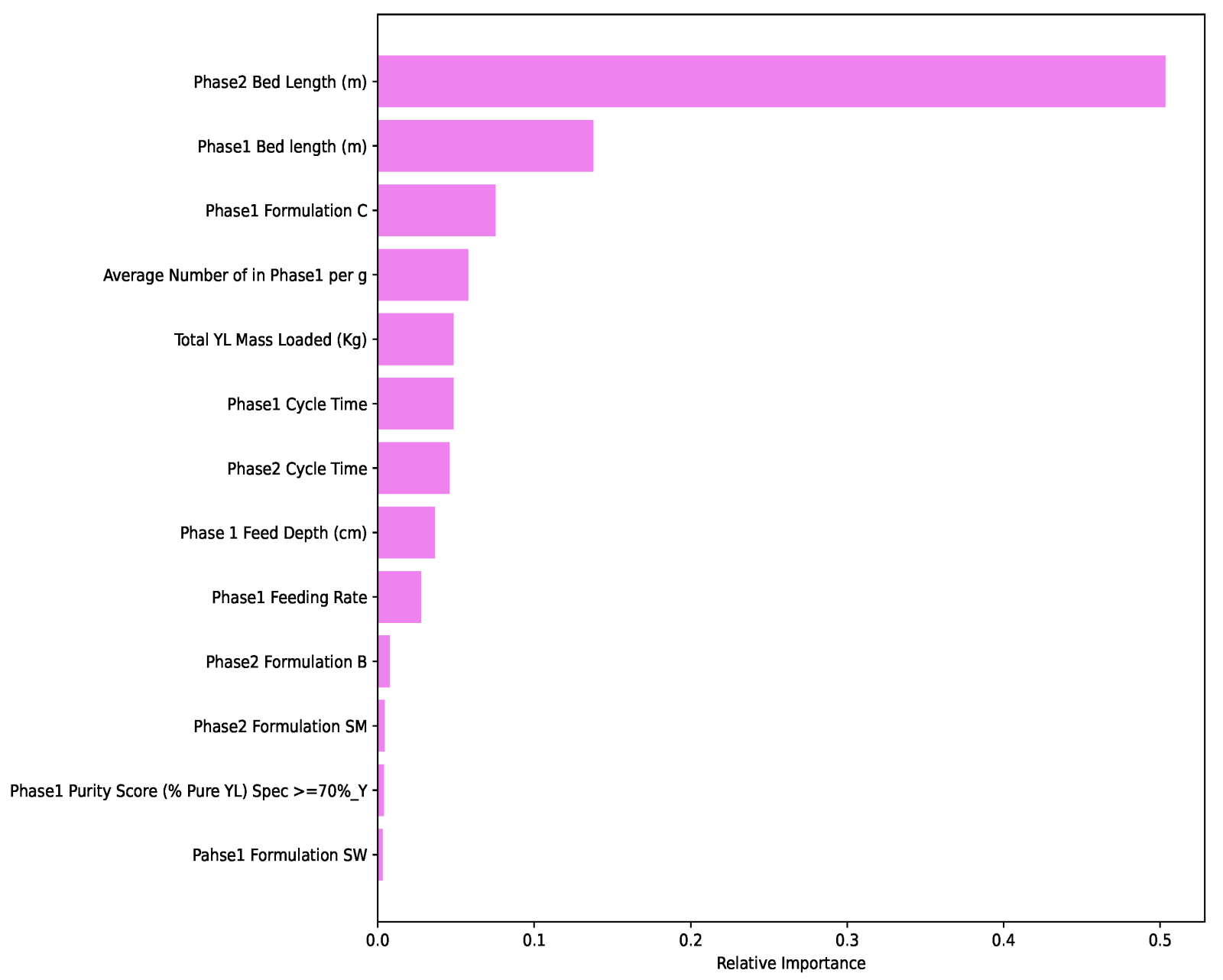May 19, 2023 | INSECTS
This study, conducted by researchers from Kenya and the USA, aimed to address global food insecurity by exploring alternative sources of feed and food production. They focused on the black soldier fly (BSF) and its larvae, which have proven to be a sustainable and reliable source of animal feed. The researchers used machine learning techniques to identify the best conditions for farming these insects and increasing their production.
They studied various factors that influence the growth of black soldier fly larvae, such as rearing cycle time, feed formulation, bed length, larvae quantity, purity score, feed depth, and feeding rate. Using supervised machine learning algorithms, they trained models to predict the expected weight of the harvested larvae.
The results showed that the random forest regressor algorithm provided the most accurate predictions. The key factors affecting optimal production were identified as bed length, feed formulation, number of larvae per bed, feed depth, and cycle time. By adjusting these parameters accordingly, farmers can enhance BSF farming and produce more animal feed, leading to greater food production and ultimately reducing food insecurity worldwide. Moreover, the black soldier fly larvae have versatile applications, including biodiesel and bioplastic production, as well as biotechnological and medical potential, making them an even more valuable resource for the future.

Important parameters that affect the rearing of BSFL





